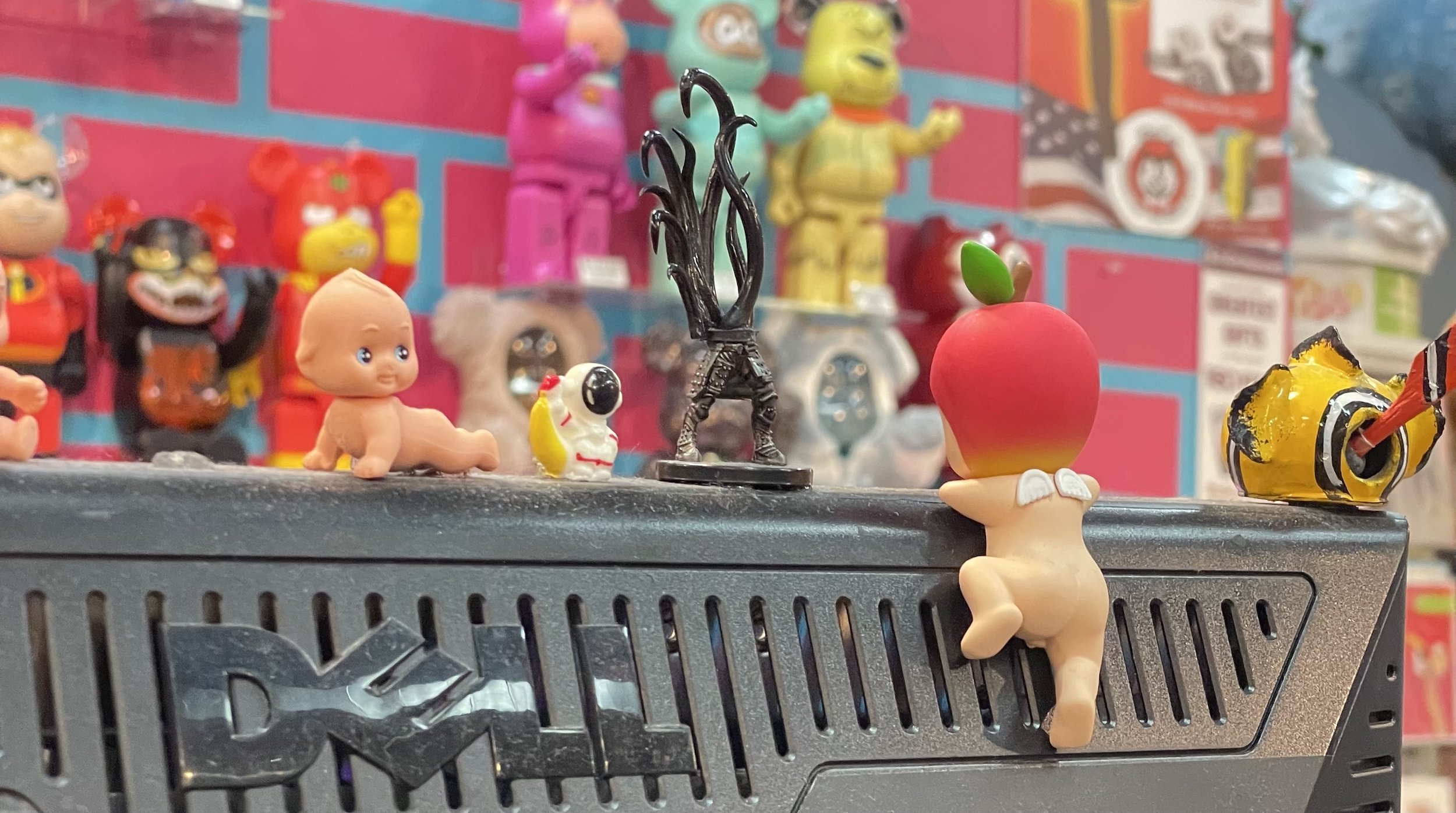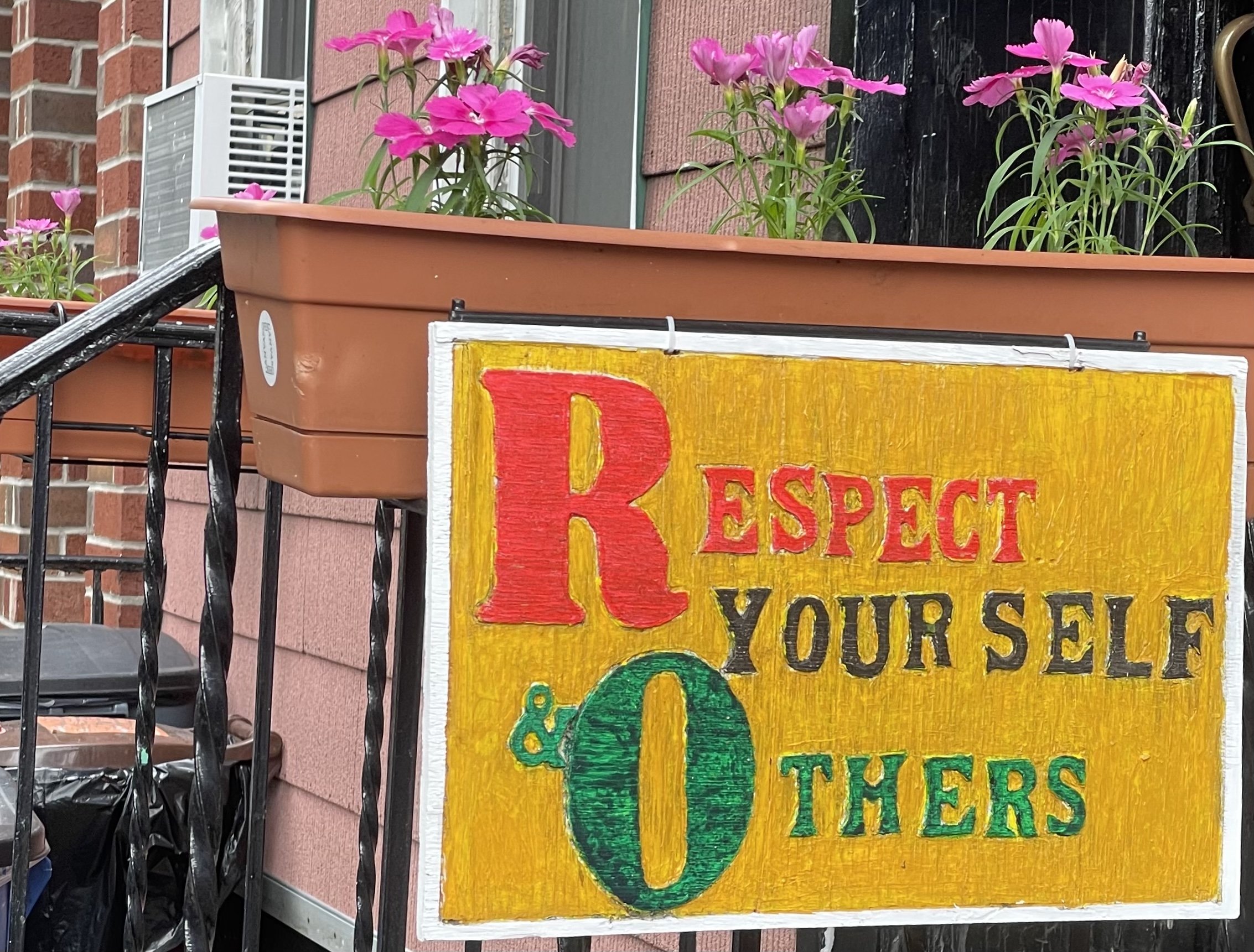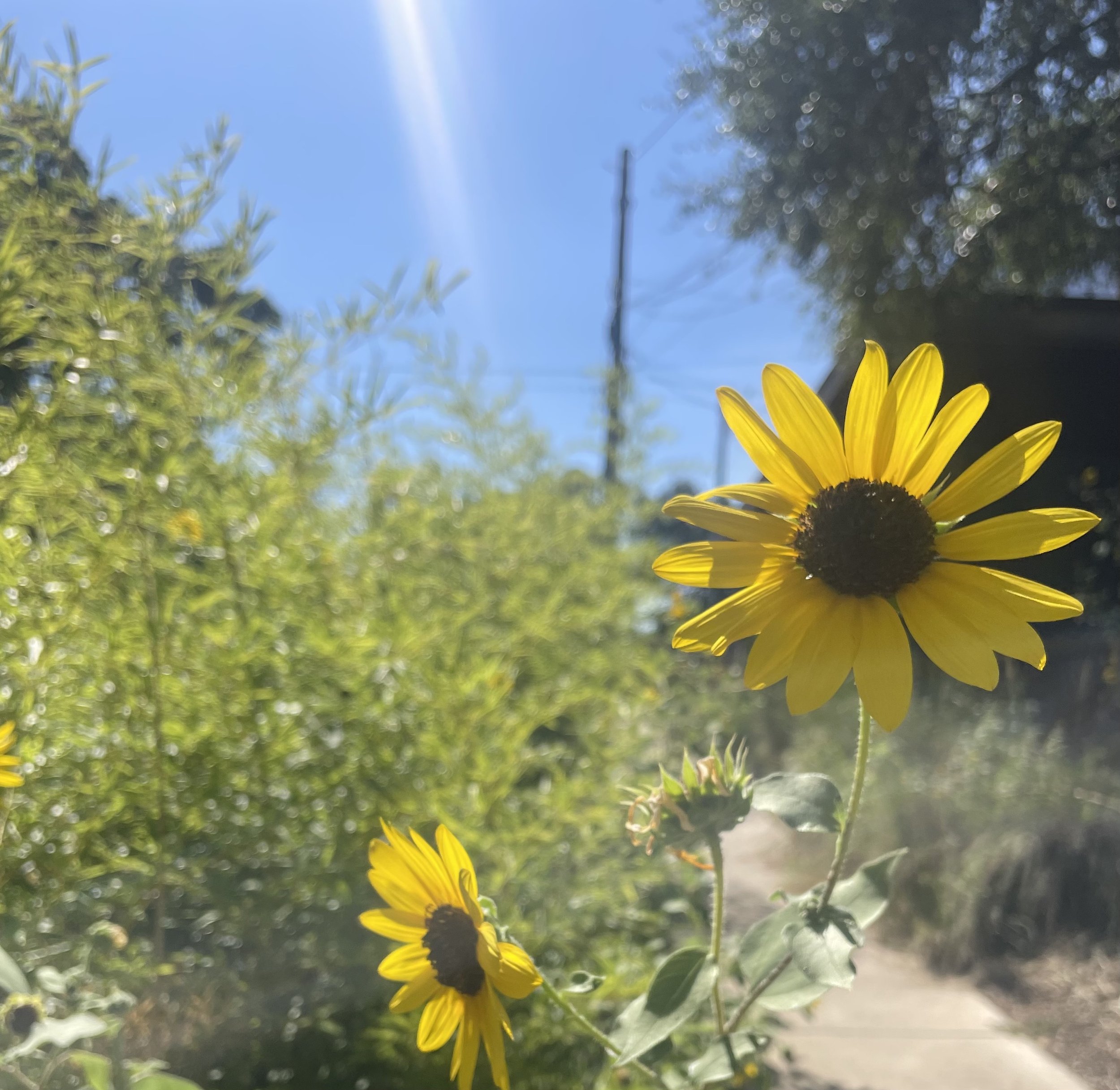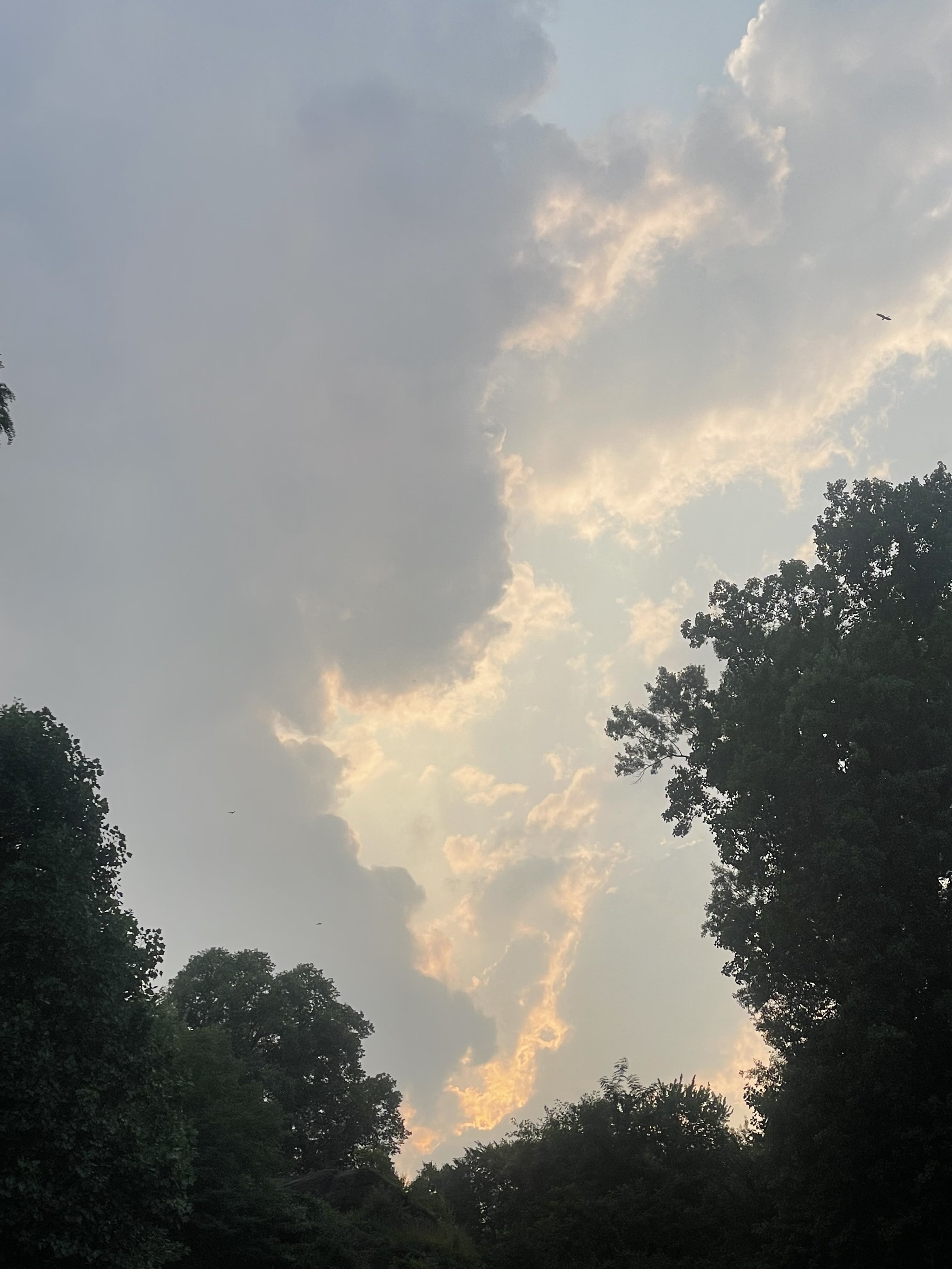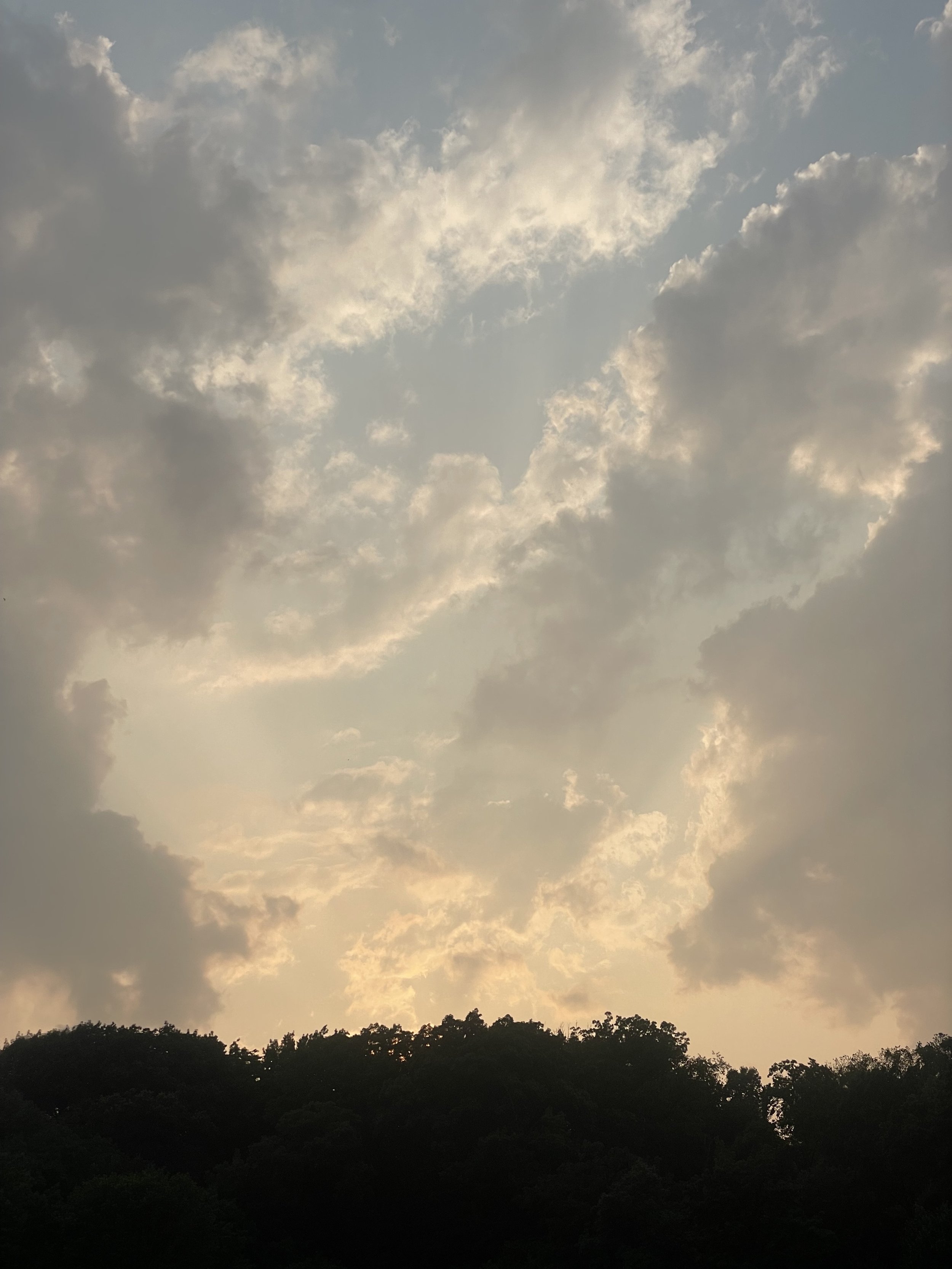Contemplating the Dystopian Narrative
Recently, I’ve been consuming a lot of work displaying the narrative of a dystopian society. A while back, I started reading the book 1984 and recently picked it back up.
One thing about me is I’m incredibly trigger-happy when it comes to starting new books. At any given moment, I have at least 5 or so books I’m in the process of gobbling up. Some books I can’t get myself to put down and others take months to consume. 1984 has been a doozy for me and I was wondering why.
Those of y’all who know me, and those who don’t, should know that I’m a glass-half-full typa gal. While I can recognize that disparities and injustices exist within our society, I believe that what I can’t control shouldn’t bog down my experience of a positive reality. This leads me to the topic of considering the dystopian narrative.
1984 is a great book. Mind you, I’m only halfway done with it, but I’m still reading so that says something. If you haven’t read it and you’re down to question your perception of the systems within which we operate, check it out. For some, it can be a thrilling experience, spiking the system’s adrenaline and dopamine. For others, cortisol will skyrocket sending you straight into fight or flight mode.
My understanding of the dystopian narrative is that it encapsulates a frightening system of oppression in which citizens relinquish their control to governmental agencies at or against their own will. In 1984, citizens are forced to operate by the wishes of Big Brother, which controls virtually all aspects of their daily lives, including their individual thoughts. Those who refuse to abide by the norms are exiled, their existence erased.
The main character, Winston, is grappling with the reality that everyone around him has been indoctrinated, yet he cannot accept the reality bestowed upon him. Those around him are blind to the constraints of their existence, Winston suggests, “Until they become conscious they will never rebel, and until after they have rebelled they cannot become conscious” (p. 70).
One can draw parallels between the dystopian society in 1984 to the one we live in. One group in the book, known as the proles, is the only group Winston believes could overthrow this system of oppression. The problem is the proles are so consumed by the menial struggles of their daily lives and decide to indulge in unproductive debates and disagreements with one another rather than questioning and dismantling the larger systems of oppression at hand.
Our daily lives present us with a plethora of unnecessary noise. We fight over political beliefs, human rights issues, TikTok trends, and dietary preferences. I’m not saying these topics don’t hold weight or value, but they serve to divide society into an “Us vs. Them” mentality. Our egos consume us, and we become our beliefs.
While I get a kick out of considering a dystopian narrative, to indulge in it so heavily that it consumes me, can lead to a conclusion of inescapable powerlessness. I don’t know about y’all, but I’d prefer to have a little glimmer of hope and fulfillment in my life.
Rather than accepting that the world is fucked and there’s nothing I can do about it, I choose to question that which I can control. An overwhelming fear in the book is being caught by the Thought Police. Being caught thinking in ways against societal norms can mean the end of one’s existence. In our society today, there seems to be a similar phenomenon.
Whether it’s opinions getting censored online, people getting canceled for their beliefs, or the ridicule of going against the social norm, we face this expectation of who, how, or what we must be to be accepted. We limit our ability to think critically and challenge our beliefs. Challenging closely held beliefs can dismantle the identities we’ve constructed for ourselves, disconnecting us from the selves by which we are defined.
What if, instead of declaring ourselves experts, we declared ourselves novices with an eagerness to learn?
“Who you are should be a question of what you value, not what you believe. Values are your core principles in life – they might be excellence and generosity, freedom and fairness, or security and integrity … When they define themselves by values rather than opinions, they buy themselves the flexibility to update their practices in light of new evidence”
You can tell a lot about a person by how they receive ideologies or beliefs that differ from their own. I won’t lie, I’ve been hard-headed and opinionated at times when my beliefs have been challenged. However, as I see these conversations from the light of curiosity, my ego diminishes, giving room for questions and the potential for genuine growth.
In my yoga classes, I always tell students to observe their experiences. In the asana practice, we use these shapes as tools for self-understanding. It becomes a paradox because the movements are simply a vessel through which we can understand that we are more than the movement, more than our physical bodies. Our experience is deeper than the physical. The asana serves as a tool to translate this experience. When we sit with the shapes, we can observe our minds and how we conceptualize the experiences.
I encourage students to approach their practice and the sensations they experience from a place of curiosity, rather than judgment. When we can begin to move and think in this way, we become more receptive to the experience of what is, rather than what our preconceived ideas have informed our situation of being.
“Just wake up in the morning, snap your fingers, and decide you don’t care … The world is unjust and the expertise you spent decades developing is obsolete”
My practice informs how I perceive my individual experience and choose to interact with those around me. If I train myself to operate from a place of curiosity, I can relinquish my ego and the persona I’ve come to identify myself by. I can understand that which I cannot control and actively pursue that which I can.
While I may not be able to dismantle the government and the systems of oppression existing within our society, I can direct my attention to factors under my control. I can harness my own sense of fulfillment and in doing so, my cup will be full to share with others. The positivity I radiate will act as a pebble in a lake, each act of kindness I share with another rippling to those nearby. I might not be able to change the world, but I can change my experience within it.
Whatever narrative you decide to feed into, I encourage you to approach your belief system from a place of curiosity. Instead of fighting or flying from those who oppose us, we can allow their perspectives to enable more thought-provoking questions. The more we identify with our beliefs, the less objective we become in our search for the truth.
I realized that the reason I stopped reading 1984 to begin with was that I felt the narrative to be limiting. I was repulsed by the idea of a dismal uncontrollable existence. But at the end of the day, it’s just a book, and ya girl hasn’t even finished it yet. We all live life by a narrative. We either adopt the one bestowed upon us or create one of our own.
If the only thing in this life we can control is our perception of our experience, we damn well better make it a good one.


